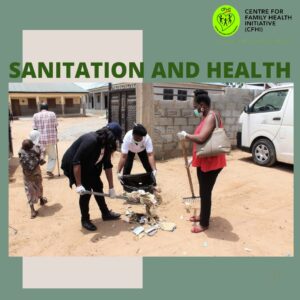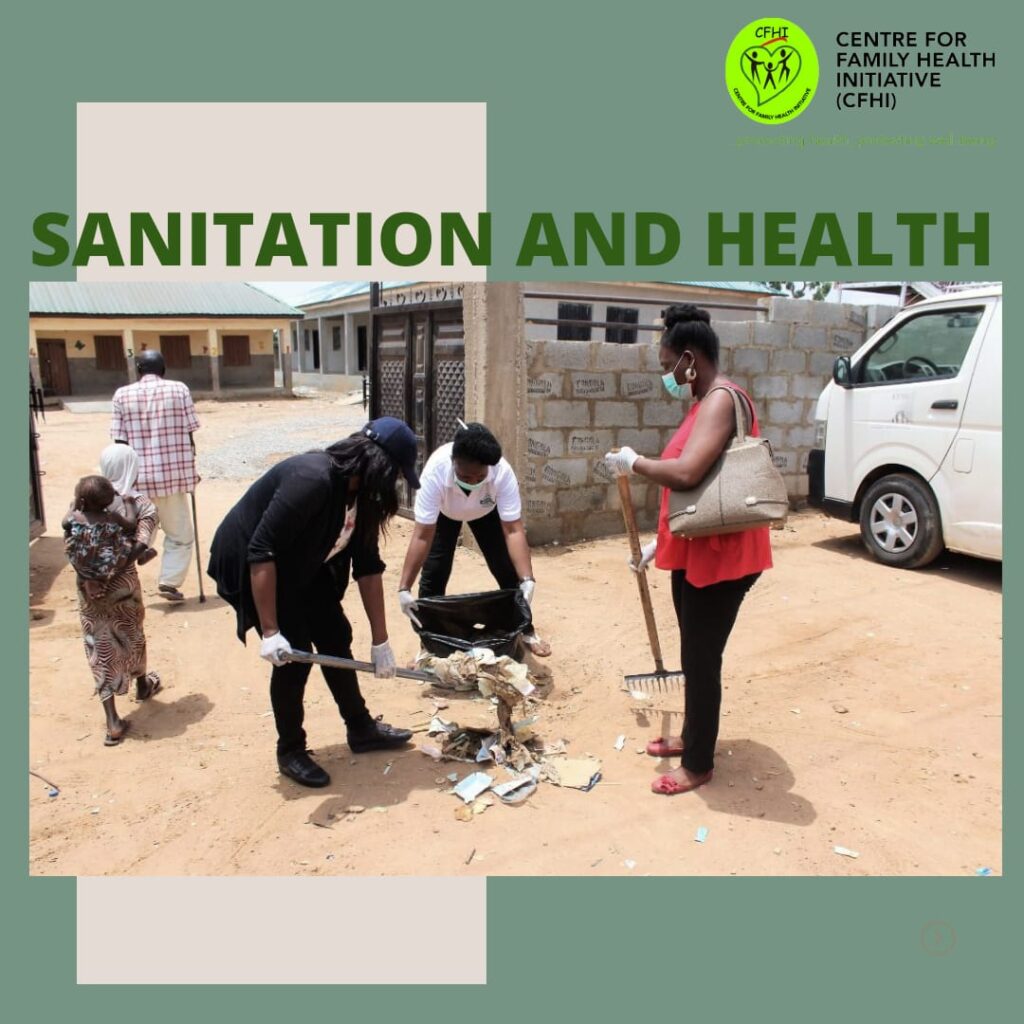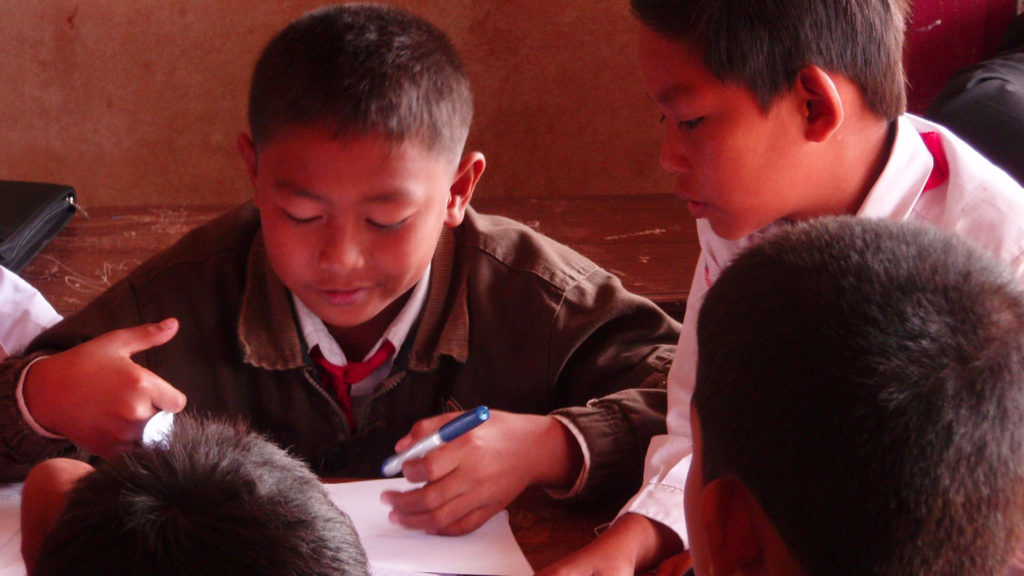Over 1.7 billion people still do not have basic sanitation services, such as private toilets or latrines,(World Health Organization).
Basic sanitation is the availability of facilities for the safe disposal of human waste (feces and urine), as well as the capacity to maintain hygienic conditions through services including garbage collection, industrial/hazardous waste management, and wastewater treatment and disposal.
For one’s health, survival, and development, sanitation and hygiene are essential. Many nations struggle to provide proper sanitation for their entire populace, putting individuals at risk for illnesses connected to unclean water, poor sanitation, and unhygienic conditions, (Centers for Disease Control and Prevention).
Poor sanitation is associated with the spread of typhoid, cholera, dysentery, intestinal worm infections, and polio, all of which are diarrheal illnesses.
Diarrhoea remains a major killer but is largely preventable. Better water, sanitation, and hygiene could prevent the deaths of 297 000 children aged under 5 years each year (WHO).
A WHO study in 2012 calculated that for every US$ 1.00 invested in sanitation, there was a return of US$ 5.50 in lower health costs, more productivity and fewer premature deaths.
The most harmful human excreta to a person’s health are their feces. Accordingly, the Center for Family Health Initiative observed World Toilet Day, during which more than 55 community members were educated about the negative effects of open defecation, poor hygiene, the necessity of promoting climate action, and the importance of adopting proper waste disposal techniques.
#MondayHealthBurst #Sanitation #Health #MakingtheInvisibleVisible #WorldToiletDay



